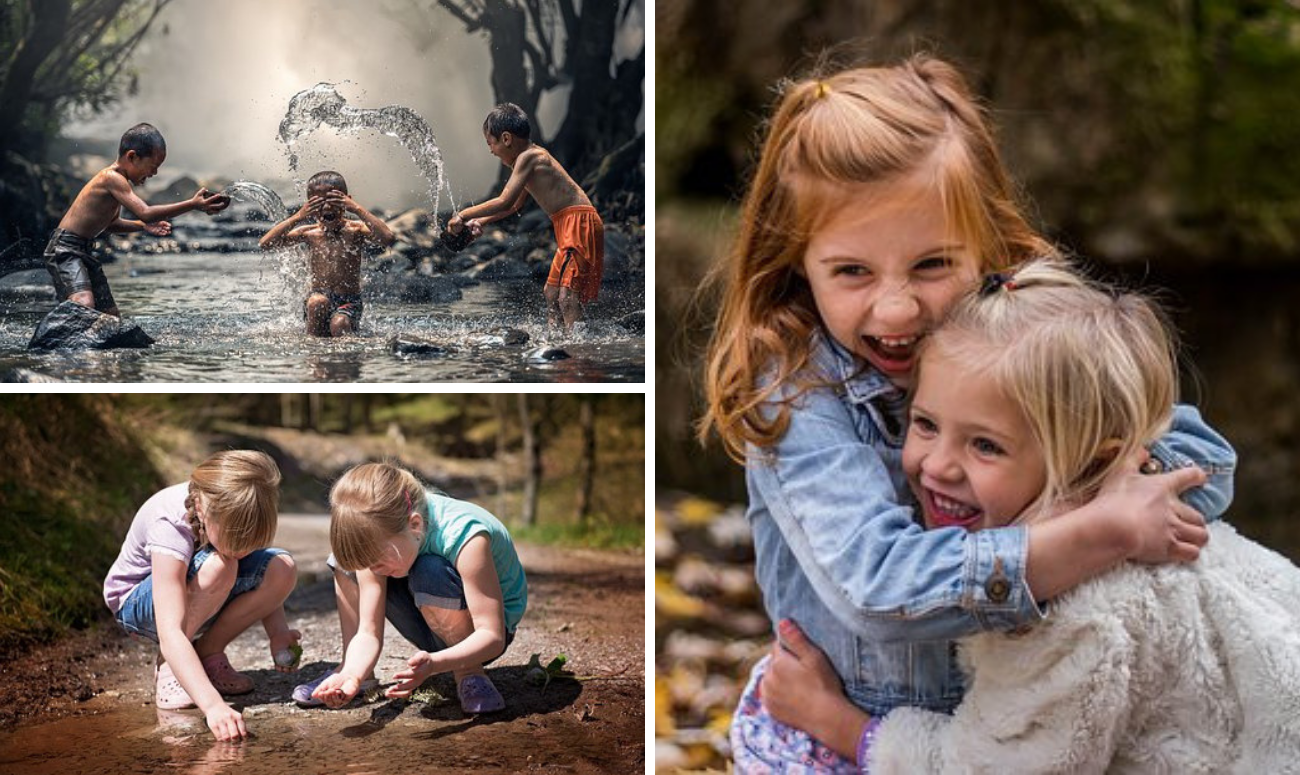Children are God’s precious gifts. They are to be cherished and protected; they are to be fortified in order to help them flourish into beautiful human beings with a purposeful life. In order to achieve any of these feats parents or guardians need to provide a personal space for kids.
And it’s all the more needed as many children in our surroundings seem to grow into dull adults. Many of them are seen living their lives on an autopilot mode. How does a child, who came into this world with a sense of wonder and joy, turns into a despondent human being? What goes wrong? And where?
How does it begin?
It starts the moment parents think that their toddler cannot comprehend what is going on in his or her surrounding; that the child is too naive to understand what is being communicated to him or her, or things happening in his or her vicinity. This is a wrong notion! Even though infants are extremely vulnerable and need to be kept safe and protected, this in no way infers that they do not understand.
But what do psychologists say?
According to relationship counsellor and energy healer, Suzy Singh, cognition develops only after the age of seven. “All experiences before this age are interpreted emotionally by the child, making them extremely vulnerable to wounding by even the most caring and loving parents. Unfortunately, the foundational mental programmes, formed as a consequence of both good and hurtful experiences with parents and others in the immediate environment, are encrypted by the time the child is four years old and the child lives most of its life thereafter based on these programmes.”
Thus, it is imperative to be aware that even though he or she might not be able to express or communicate, but the child does imbibe and understand what is being said to him or her. To make a child grow into a decent and well-rounded human being it is crucial to be respectful towards him or her.

Ways of enhancing the personal space for kids:
Be respectful in your communication
Whatever is said to a child gets imprinted into his or her subconscious immediately, even if it doesn’t appear to be so. Therefore, talking respectfully to your child goes a long way in protecting the child’s emotional health and building his or her self esteem. Be mindful of the words, tone, and language you use with your child or any other child for that matter. Treat them with the same respect you grant to other adults in your life.
Demonstrate respect in your behaviour
A child imbibes, without a filter, whatever happening in its surroundings and might also project it through his or her behaviour. Do not take the child’s intelligence for granted. They take in whatever they hear, and when you least expect it, they regurgitate in front of an unwanted audience.
Respect their personal space
Respecting a child means respecting his or her personal space. Personal space for kids is mandatory. Do not breach that boundary, even if the child is a young toddler. Do not forcefully hug him or her if they don’t want to be touched or hugged.
Let them make small decisions on their own
A young child is extremely centered on his or her body. They know what their body wants and express the same, even though not always with clarity. But it is important to listen and understand what they are conveying. Let them decide on their own. If they want to play with some or not, whether they want to sleep now or not. In short, do not force when your child seems reluctant, just because you think they should be doing something. This does not mean that you let your child dictate their term or allow their tantrums. It means to up your perspective and be discerning about what the child actually wants.
READ MORE: ARE YOU BEING YOUR AUTHENTIC SELF?






























